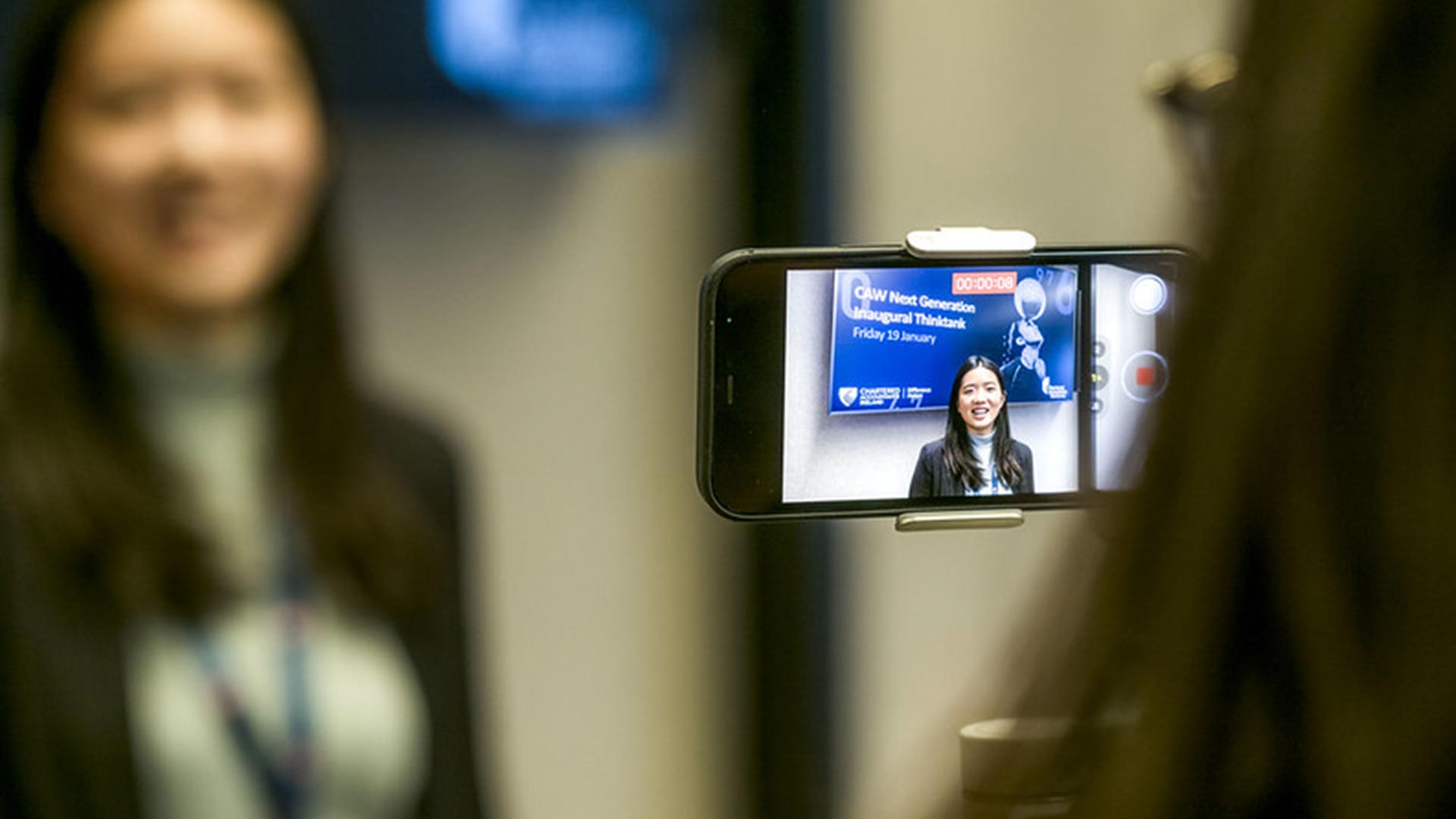By CA magazine
30 September 2020
Mark Spiers CA was destined to be an entrepreneur, just not in the way he had imagined. Rachel Ingram discovers how moving to Brazil helped the GrupoFabri CEO make his dream a reality.
Before moving to São Paulo, Brazil’s financial centre, Mark Spiers CA had followed a fairly traditional career route. The Briton grew up just outside of Birmingham and studied computer science at university before joining PwC in 2005. Following a spell with Barclays Bank, he moved to London and joined Deutsche Bank in 2012. It was here that an opportunity arose for the ambitious 30-something to take on a fresh challenge abroad.
“I’d been with Deutsche Bank for less than 10 months when they asked me to come to Brazil,” he remembers. “I was working on a finance improvement project in London, which was exactly what the country needed. I came out here for six months and I never went home.”
Before joining electronics marketplace Trocafone as CFO in 2016, Spiers spent three years as the German bank’s Global Markets Finance VP in São Paulo. The relocation would provide a crash course in Brazilian business. “I quickly learnt Brazilians operate very differently to British people,” he says. “There’s a phrase pode ser that means ‘maybe’ – if you ask someone if they want to do something they don’t want to do, they say ‘pode ser’.”
Another cultural difference Spiers immediately noticed was how friendly his colleagues were. “Brazilians can’t work in a cold, professional way. You have to become friends,” he says. “You can’t just organise a meeting. You have to go for lunch or happy hour. As a British person, I’d expect it to be the two of us, then I’d arrive there and there’s 20 people, but you’re instantly welcomed like a family member. It’s something you have to do to gain respect.”
It was during this time that Spiers met his wife Karina, with whom he now has three children. She founded ProntoChef, which is similar to Blue Apron in the US or HelloFresh in the UK. “The food market was moving to delivery on demand by motorbike,” he says. “No one wants to plan their shopping and groceries. They think ‘I’m hungry, I need food now.’”
ProntoChef had been testing the efficiency of a “dark kitchen” model [a kitchen offering delivery only] with a mini-kitchen within a hairdresser. Spiers, who was helping his wife raise money, ended up having dinner with one of the co-founders of Rappi, an on-demand delivery start-up in Latin America now valued at over $4bn (£3.06bn). Four days later, he was on a plane to Colombia to present the ProntoChef concept to the board of Rappi. “They loved it and ended up investing $1m,” he says. “At that point, I decided to become CEO while my wife Karina remains COO.”
In May 2018, Spiers left his role at Trocafone to take over the running of ProntoChef, pulling together an “A-Team” to build numerous dark kitchens and launch new brands. Twelve months later, the umbrella company GrupoFabri was formed, with Spiers as founder and CEO. “We have six brands in total now,” he says. “One of our bestselling brands today is a hamburger chain called Juicy Burger. We have two physical stores, six dark kitchens and another four in the pipeline.” They’re also in the process of developing an app enabling customers to order directly from ProntoChef, rather than using partners such as Uber Eats.
Pandemic pivot
Before the Covid-19 pandemic hit Brazil, the company was supplying food to 50 large corporations around the city, including Bank of America and JP Morgan. “When this crisis hit, volumes dropped 90% so we pivoted the business and started putting fridges with simple payment solutions into residential buildings. Within two months, we had over 70 fridges in operation in São Paulo,” he says.
We’ve been doing a lot of work in the hardest-hit favelas. We’ve been donating food to collection centres where people can come and collect meals.
The fridges rely on the “honest market” concept. People pay for what they take – a concept which may seem alien in western culture, but which Spiers believes will work in Brazil, where the culture is built around trust. It’s a wise time, too, as many people are afraid to go to supermarkets due to the high rate of Covid-19 infections still present in Brazil.
“Brazil doesn’t have the financial resources of the UK, US and EU, so shutting the economy for three months would be devastating,” he says. “There’s also a lot of unregistered workers, such as maids, who’ve been told not to come to work anymore.”
It’s these people that Spiers has been trying to help through his Covid-19 initiative. “We’ve been doing a lot of work in the hardest-hit favelas. We’ve been donating food to collection centres where people can come and collect meals. In June, we donated 2.6 tonnes of food,” he says. “It’s a small thing but we’ve been trying to give back in whatever way we can.”
Spiers is passionate about convincing fellow CAs to join him in Brazil. “There’s huge potential here for CAs from the UK – there’s a huge demand for finance experience and skills,” he says. “Likewise, if you want to be an entrepreneur, there’s less competition but there’s a large population in São Paulo. If you can deliver a business with a client-centred mindset, you’re already winning.”
For those who decide to take the leap, his advice is to learn the language (“generally, nobody speaks English”) and fully immerse yourself in the local culture. “Take the risk but do it properly – go all in,” he says. “You’re never going to grow without getting out of your comfort zone.”
This article was first published by ICAS in September 2020. The original article is available at the following URL:
https://www.icas.com/members/ca-magazine/ca-magazine-articles/how-brazil-helped-realise-the-entrepreneurial-dreams-of-mark-spiers-ca













